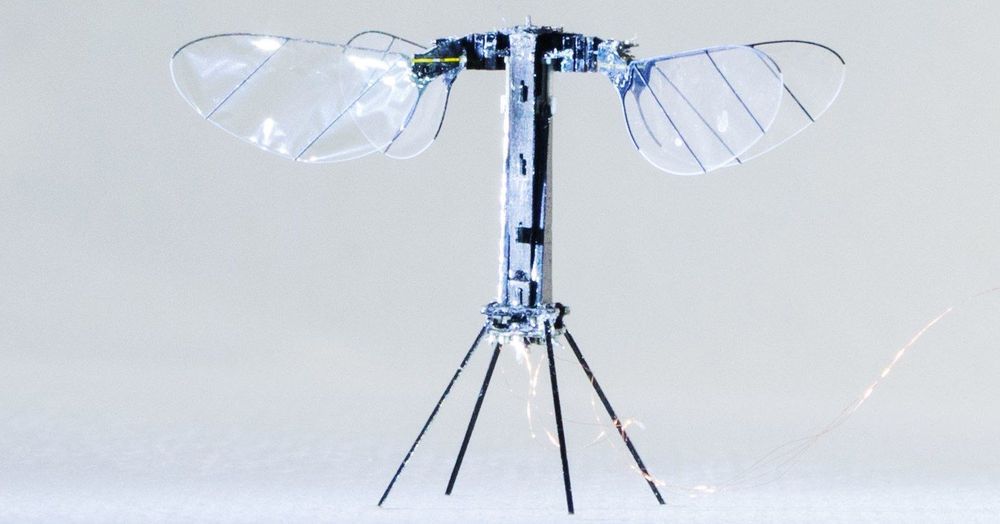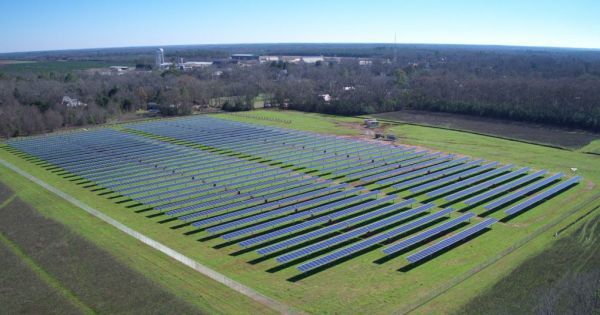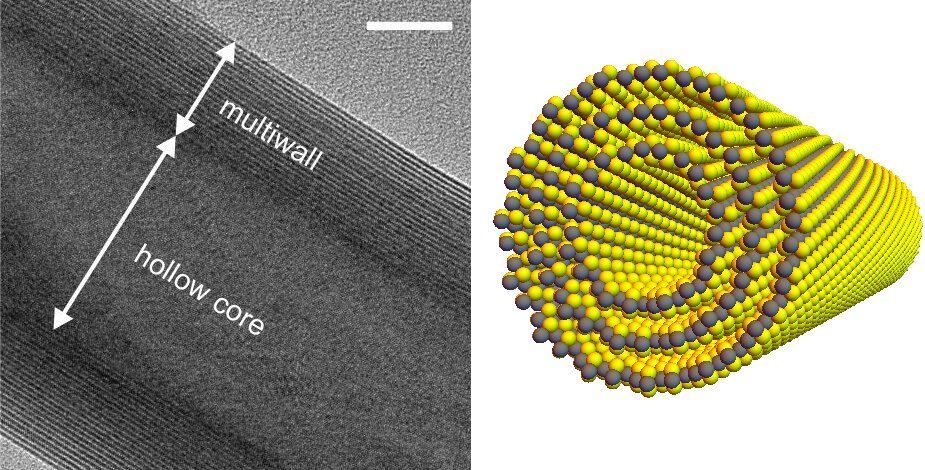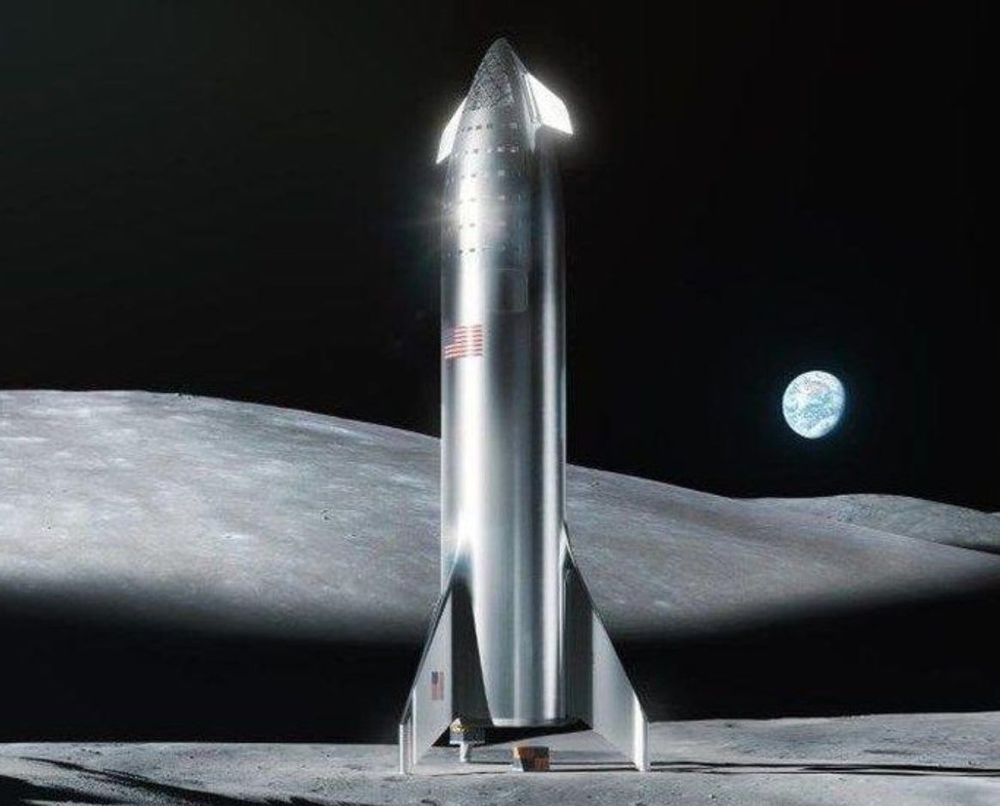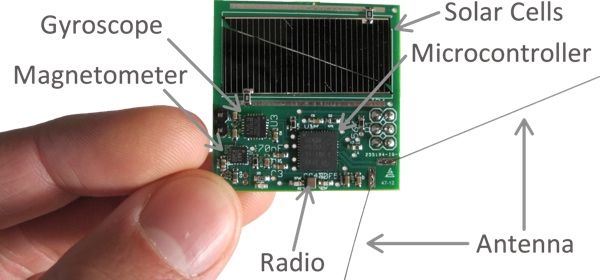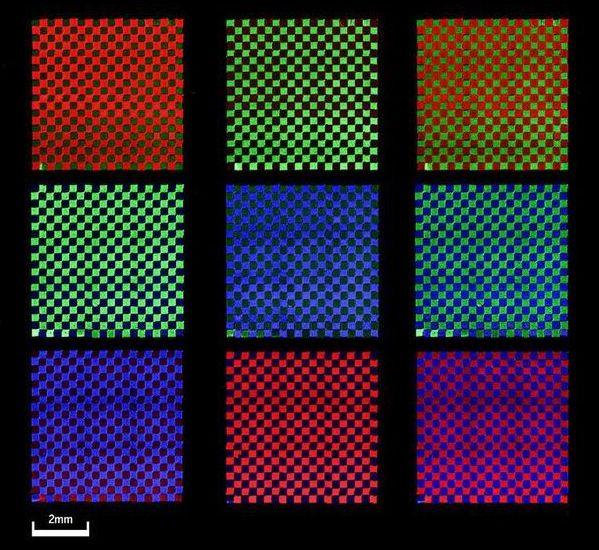Jun 26, 2019
What Could Possibly Be Cooler Than RoboBee? RoboBee X-Wing
Posted by Genevieve Klien in categories: robotics/AI, solar power, space, sustainability, transportation
They used to call it RoboBee—a flying machine half the size of a paperclip that could flap its pair of wings 120 times a second. It was always tethered to a power source, limiting its freedom. Now, though, RoboBee becomes RoboBee X-Wing, as Harvard researchers have added solar cells and an extra pair of wings, freeing the robot to blast off to a galaxy far, far away. Or at least partway across the room, as it can sustain flight for only half a second, and only indoors.
But hey, baby steps. The teeniest of quadrotors measure a few inches across and weigh a third of an ounce. RoboBee X-Wing is about the same size as those untethered fliers, but weighs a hundredth of an ounce, which earns it the distinction of being the lightest aerial vehicle to manage sustained untethered flight. One day that could make it ideal for navigating tight, sensitive spaces in a galaxy very, very near.
Continue reading “What Could Possibly Be Cooler Than RoboBee? RoboBee X-Wing” »
